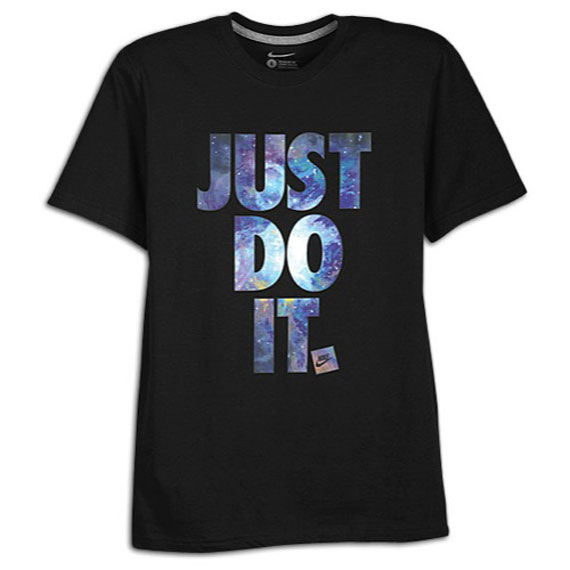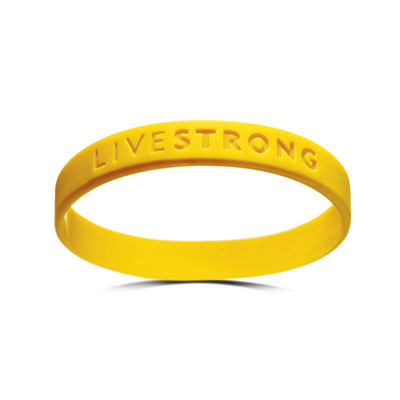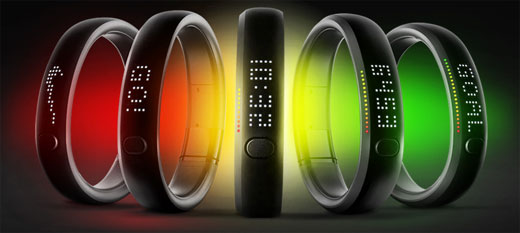Attitude #1: Utilitarian Function
The utilitarian function of attitudes shows that consumers buy certain products "because they deliver a certain benefit" (Babin 123). In the case of Nike, their consumers may have the attitude that they want to fit in. Nike is often seen as a very popular and "cool" brand to own. Using Nike as a way to boost one's status is a benefit to the consumer driven directly by purchasing certain products.
 The knowledge function of attitudes "allows consumers to simplify decision-making processes" (Babin 123). After a prior purchase, a Nike consumer may develop the attitude that their products are the most comfortable on the market. This makes subsequent purchases much simpler. The consumer may become aware of the style of shoe they prefer, which pair of shorts is most comfortable, or the type of material they prefer for t-shirts. Through firsthand use of the products, the consumer develops an attitude based on prior experiences with the product.
The knowledge function of attitudes "allows consumers to simplify decision-making processes" (Babin 123). After a prior purchase, a Nike consumer may develop the attitude that their products are the most comfortable on the market. This makes subsequent purchases much simpler. The consumer may become aware of the style of shoe they prefer, which pair of shorts is most comfortable, or the type of material they prefer for t-shirts. Through firsthand use of the products, the consumer develops an attitude based on prior experiences with the product.
Attitude #3: Value-Expressive Function
 The value-expressive function of attitudes "enables consumers to express their core values, self-concept, and beliefs to others" (Babin 123). This function can best be seen through consumers who buy and wear the yellow "Livestrong" bracelet developed by Nike. This bracelet was developed as a fundraising item for those affected by cancer. By wearing the bracelet, the consumer is expressing any number of personal beliefs, whether it is to inspire those fighting cancer or simply to fight through the challenges presented in life each and every day.
The value-expressive function of attitudes "enables consumers to express their core values, self-concept, and beliefs to others" (Babin 123). This function can best be seen through consumers who buy and wear the yellow "Livestrong" bracelet developed by Nike. This bracelet was developed as a fundraising item for those affected by cancer. By wearing the bracelet, the consumer is expressing any number of personal beliefs, whether it is to inspire those fighting cancer or simply to fight through the challenges presented in life each and every day.
Attitude #4: Ego-Defensive Function
The ego-defensive function of attitude acts as a defense or protection mechanism for consumers. For example, some consumers who want to enhance their image of being active may wear Nike apparel to boost their self-esteem and protect their ego.
Clearly, a number of different attitudes affect the purchases made by Nike consumers. By tailoring products to these different attitudes, Nike can continue to retain its customers and remain a step ahead of its competitors.


Trey,
ReplyDeleteI thought your blog was very interesting. I liked how you showed many different ways in which attitudes can motivate a consumer to purchase a product or not. One of the sections I could relate to was the knowledge function. Throughout my high school athletic career I always wore Nike cleats for lacrosse and football. I always found the Nike products to be more comfortable as well as better quality. For those two reasons I always went back to Nike when ever I needed a new pair of cleats because I new the brand was reliable. But when I got to Michigan I was forced to change what cleats I wore for lacrosse due to the Adidas sponsorship that they have with UM. Having to wear these Adidas cleats further confirms that I really do like Nike cleats better because the ones I have to wear for Michigan are uncomfortable and seem to break easily.
Overall great post.
Trey,
ReplyDeleteYou're at it again with interesting articles. Who knew a shoe company could be so interesting? I think that what is especially worth commenting on it the utilitarian function of attitude. Nike shoes really get the job done. My father was a cross country runner through college and when I started running he suggested that I buy a pair of high-quality running shoes (I always ran in the basketball shoes I bought for looks). My first pair were New Balance and I only wore them a couple times because I decided I hated to run. Then, when I started running again a couple years later, I bought a pair of Nike Pegasus' and they were amazing. I felt no leg pain and I felt like I could run forever. They certainly served the utilitarian function.
Again, great article! I can't wait to read the next one.
Trey,
ReplyDeleteThis was a cool post. I like how instead of just analyzing one single function of attitude to discuss in terms of Nike, you went for it all and showed how each of the four functions can in fact fit. Personally, my go-to brand is Adidas, so I have never have gotten too attached to Nike. However, from certain Nike purchases, I can definitely see myself making the switch sometime in the future. Your blog really brings to attention just why Nike is so successful, because they can attack each of these four functions and develop a product to reach to pretty much every potential type of consumer. This is very important for a company to do, and it is no wonder why Nike has such a high perception from consumers. I do think there is also a great deal of hedonic motivation (Babin/Harris 87) influencing consumer purchase decisions, based on the elite endorsements that Nike receives from superstars like LeBron and Tiger. It will be interesting to see what Nike comes up with in the future, the possibilities may very well be endless! Great post again!
cheap air jordan shoes is appropriate for both basketball competition and usual occasions.http://www.sportshoestyle.com
ReplyDeleteMen Nike Air Jordan 11 Retro Black Blue Low Shoes
Men Nike Air Jordan 11 Retro Black Low Infrared Shoes
Men Nike Air Jordan 11 Retro Black White Orange Low Shoes